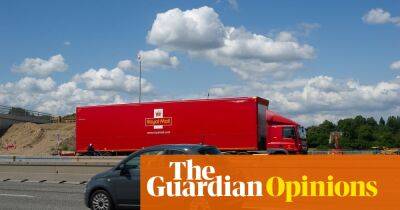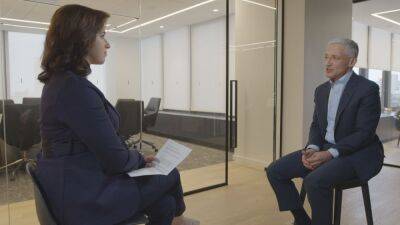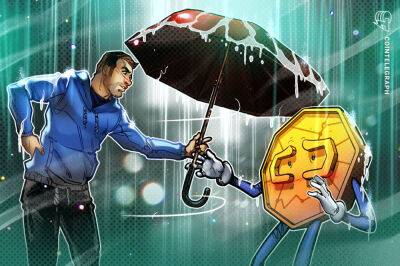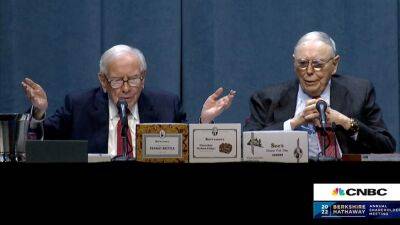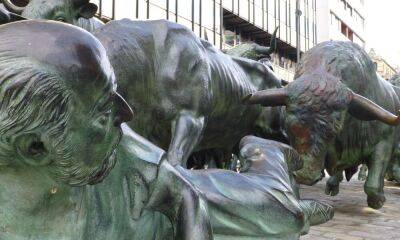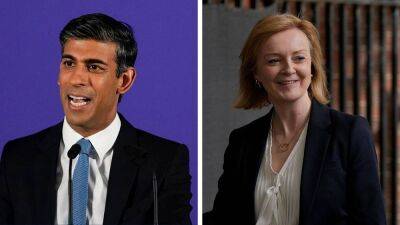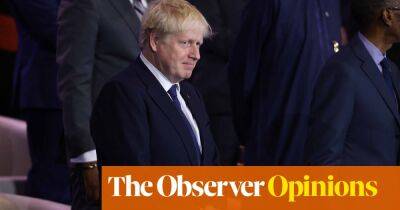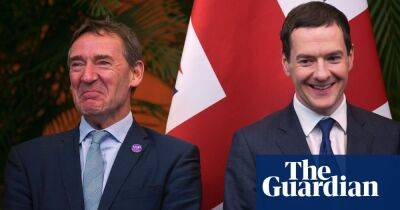The chancellor’s position on lifting the state pension makes no sense
The government has got itself into a fine muddle on the triple lock pension guarantee, David Cameron’s gift-cum-bribe to older voters in 2010 that has ricocheted down the years. On the one hand, Boris Johnson and Rishi Sunak argue that awarding inflation-matching pay rises to public sector workers would risk an “inflationary spiral” and so should be avoided. On the other, the chancellor maintains that lifting the state pension by 10% – the figure likely to be produced by the triple lock formula – wouldn’t create inflationary pressures.
The position makes no sense. Income increases, whether delivered via pension payments or pay packets, all contribute to aggregate demand and spending capacity. Sunak’s attempt to make a distinction – “pensions are not an input cost into the cost of producing goods and services we all consume so they don’t add to inflation in the same way,” he said – only fuelled the sense of naked political favouritism. Teachers, to alight on the next bargaining battleground, aren’t manufacturing soap suds either.
The underlying problem is that the triple lock formula rewards volatility. It takes the highest of three readings – the rate of inflation for the previous September, earnings growth for the previous July, or 2.5% – and applies it to the April upgrade in the state pension. Last year Sunak was obliged to abandon the formula because earnings growth was all over the place (having fallen with Covid, it then rebounded strongly). The relevant inflation rate of 3.1% was used instead in the interest of “fairness” to young and old in the “exceptional circumstances” of a pandemic.
It would be hard to argue today’s circumstances are any less exceptional. As the government discovered on Thursday, rising
Read more on theguardian.com





